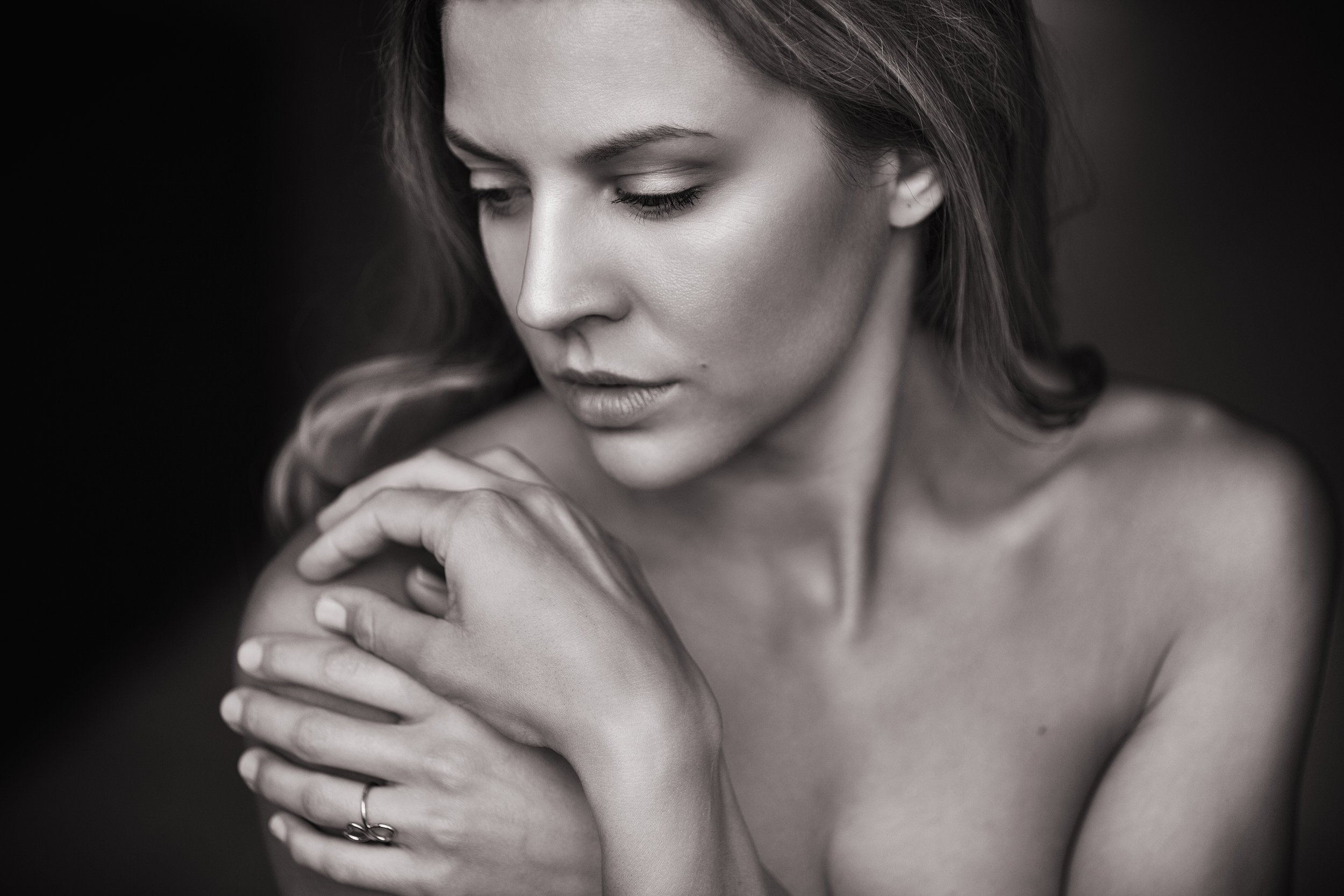Me too.
Image courtesy of Pixabay.
When I was a freshman in college, I was driving a classmate home from marching band rehearsal, when he slipped his hand up my shorts and touched my genitals.
I was so shocked I didn't say anything. I completely froze. I spent the next four years avoiding eye contact with him during all of our shared music events. Seven years later he messaged me on myspace and apologized. His apology was shrouded in shame.
A couple months later, during a sleepover with a guy I had a huge crush on, where I told him I didn't want to have sex with him before we went to sleep, I woke up in the middle of the night to him strangling me and putting his hands down my PJ bottoms.
We were coworkers at the local YMCA pool, and I was later told by a friend of his that he thought I was aloof and a tease. I never heard from him again after the following morning.
I have been involuntarily groped multiple times on the NYC Subway during rush hour, and every single time I ever went into a night club (I stopped going out to clubs after I started to notice the pattern, though I unfortunately couldn't avoid the subway).
Sexual assault is a thing. Even when we try to not make it a thing, try to make it disappear, try to pretend it doesn't exist. And it happens to more people than we think. And to all genders.
One of the biggest things I teach to my clients is the importance of their truth, and the value of their no, AND their yes (and how meaningless a yes is if we don't also have a strong no). I work with them on their trauma through experiential and embodiment exercises.
I help them get free from negative belief systems, many of which are birthed from experiences like the ones above, and I guide them on unblocking energetic and somatic fight, flight, and freeze modes so that they can tap into their flow, creativity, and power more naturally.
On Adventure Awake trips especially, along with the above, we use the power of community and connection to find healing through vulnerability and empathy.
A lot of this involves shadow work, which is to say, talking openly about things we think we should hide. Allowing ourselves to be seen in the places we experience shame, fear, or judgment is DEEPLY liberating.
Share your stories of sexual assault. Get free.

